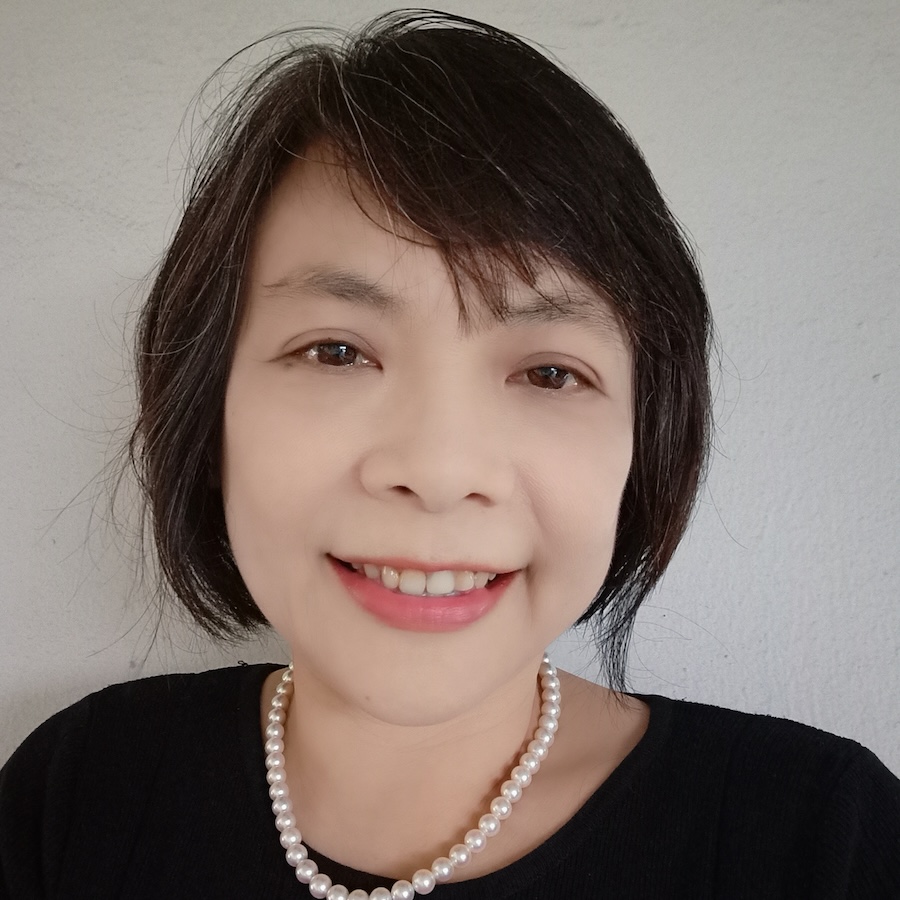
Emily Ong
Board Member, Alzheimer's Disease International (ADI)
Singapore
Why would you like to be on the NCDA Board of Directors?
I am impressed and inspired by the commitment level of NCD Alliance to elevating the voices of people living with NCDs through the “Our Views, Our Voices” initiative. As a reputable global organisation, it leads by example in promoting and implementing the WHO framework for meaningful engagement of people living with NCDs, mental health and neurological conditions. Hence, it would be an honour to serve on the NCD Alliance Board of Directors, which puts people with lived experience first and foremost, enabling them to reclaim their human rights and combating stigma and discrimination through people-led projects. Coming from the dementia community, I believe that being on the NCDA Board of Directors will provide leverage in strengthening national leadership in dementia and promoting greater inclusion of dementia within their National NCD Framework. With 700 million people aged 65 and older worldwide, dementia numbers are expected to double by 2050. Dementia risk and protective factors are closely linked to noncommunicable diseases, and the integration of dementia into the NCD framework allows for a more holistic and coordinated approach to prevention, early detection, and care, like how other NCDs are managed. Furthermore, as a migrant living with NCD, I hope to help NCD advocacy networks in addressing the public health impact faced by refugees and migrants living with NCDs.
What makes you a good candidate for the lived experience sea on the NCDA Board of Directors?
Having been an elected member with lived experience on the ADI Board of Directors and a former Board of Directors of Dementia Alliance International (DAI), I am familiar with the role of a board member.
I am an active advocate at local, regional, and global levels. I co-founded the Environmental Design Special Interest Group under DAI, an international community of experts with lived experience and technical experts, to advocate for dementia-inclusive environments to promote independence and dignity for people living with dementia. During the COVID-19 pandemic, I started an informal online peer-to-peer support group for people living with dementia to maintain their social connections and well-being. This group continues to grow from strength to strength over the years. In championing the importance of meaningful involvement of people with lived experience, I was the first author of a book chapter, “The voice of people with dementia at the core of environmental design”, published under Taylor & Francis Group. I co-lead the initiative, “Living with dementia: Voices of Asia,” which is an eBook collection of 20 narratives from people living with dementia and care partners/carers from 13 countries in Asia. Additionally, I hold various roles in ADI and WHO to advance the rights of people living with dementia and ensure policies and practices are people-centred, culturally inclusive and “Nothing About Us, Without Us.” My ability to work with diverse cultures and get people together to achieve a common goal is the strength that makes me a suitable candidate for the position.
Biography
Since her diagnosis in 2017, Emily Ong has dedicated her life mission to advocating for the rights and inclusion of people living with cognitive impairment. Emily is known for her numerous works, such as the “Voices for Hope” advocacy program, “My Life, My Goals” cognitive rehabilitation self-help toolkit, consultative wayfinding works in public housing, public transportation hubs, and dementia care homes. She has published a few journal papers with others related to the participatory co-creation topic.
Born and raised in Sarawak, Malaysia, Emily strongly desires to collaborate with collaborators to address the healthcare challenges faced by people living with NCDs, depression, and dementia in the LMICs. Working with a few healthcare professionals from the public hospital in her hometown, she co-developed a dementia care education program for informal carers and healthcare workers to improve their knowledge and skills.